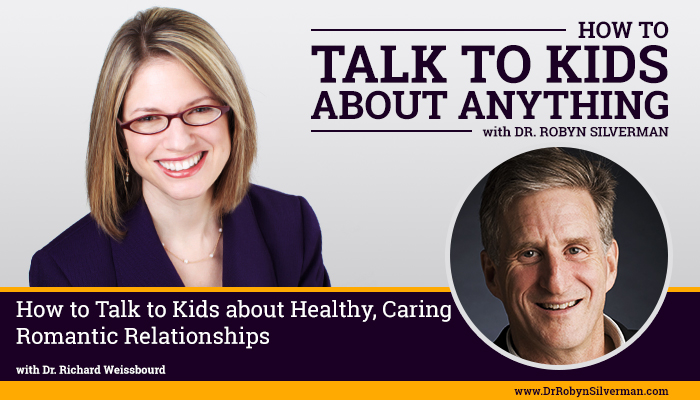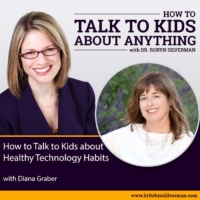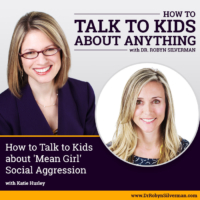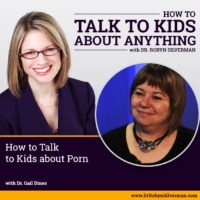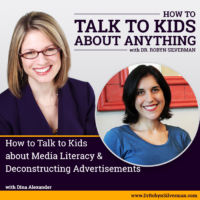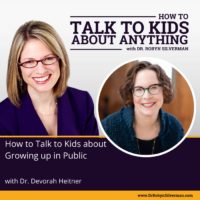Podcast: Play in new window | Download
Subscribe: Apple Podcasts | RSS | More
How to Talk to Kids about Healthy, Caring Romantic Relationships
This podcast will focus on how to talk to kids about healthy, caring, romantic relationships. When you were a teen, who taught you about how to have a mutually beneficial, successful romantic relationship? Who is teaching your teen? Dr. Weissbourd and his team released a report on May 17th called The Talk: How Adults Can Promote Young Healthy Relationships and Prevent Misogyny and Sexual Harassment. This report highlights what adults have NOT been doing to help prevent misogyny among teens and to prepare young people for caring, ethical romantic and sexual relationships. This podcast expands on what Dr. Weissbourd and his team found and how we can personally answer the question: What do we, as key adults in the lives of teens, really understand about healthy, caring romantic relationships and how can we convey this to our kids?
Special Guest: Dr. Richard Weissbourd
This podcast provides:
- Tips:
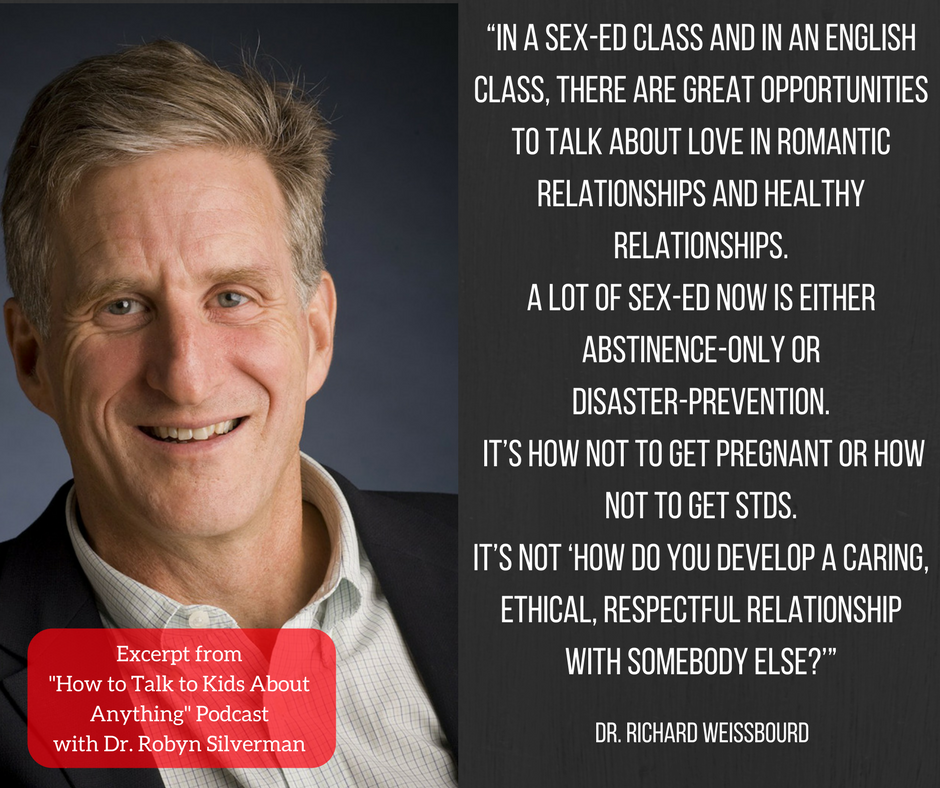 Speak up
Speak up
- Start a conversation with key questions
- Be specific and concrete with statistics
- Help teens see the connection between behavior & language and the culture they create.
- Both men and women can help provide perspective
- Get another trusted adult to help if it’s uncomfortable for your teen to talk to you
- Talk about consent, partners, profound feelings, how to manage feelings and when to ask for help.
- We have to find a way to engage in these conversations instead of backing away.
- Scripts:
- How to talk to our kids about romantic relationships
- What to say when you hear kids saying misogynistic or degrading things about girls or other teens.
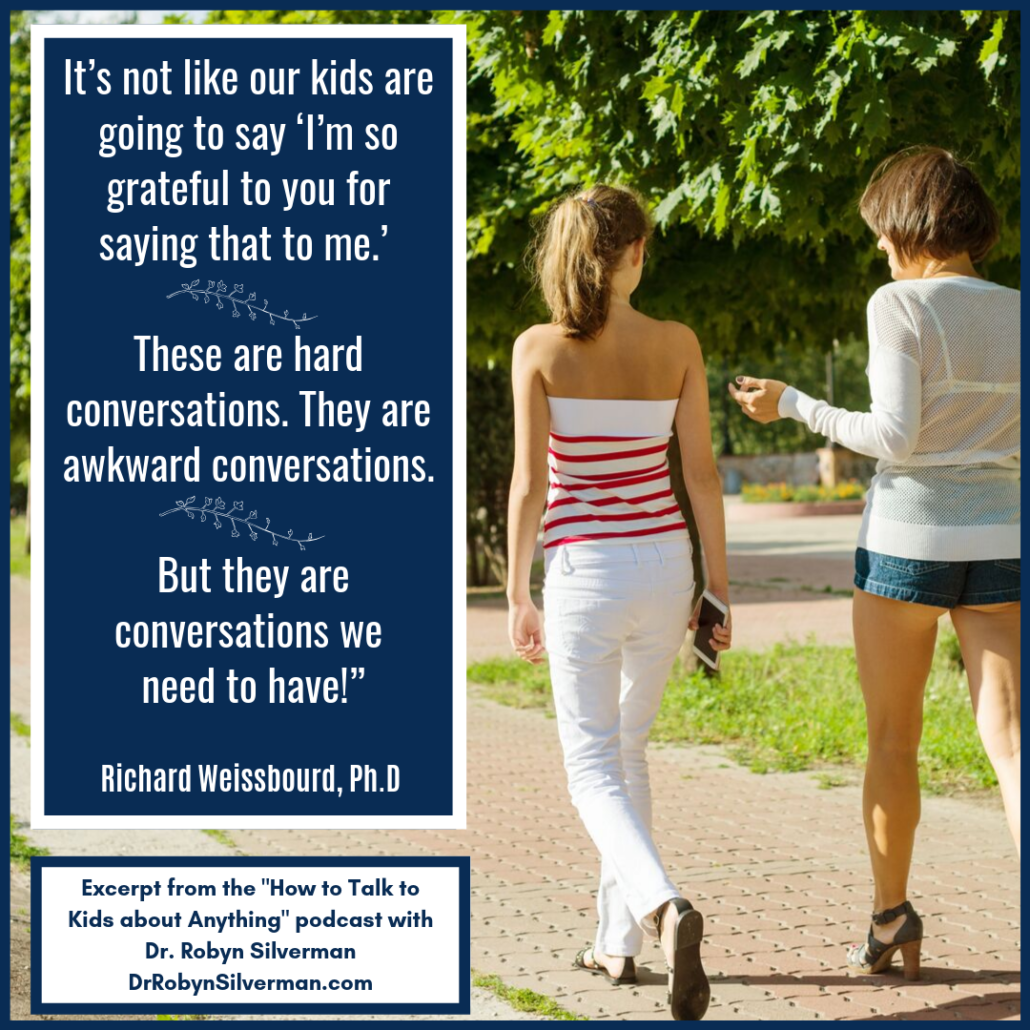
- What a parent could say to a teenage boy about having a caring relationship
- What a parent could say to a teenage girl about having a caring relationship
- How to talk to our kids about romantic relationships
Important Messages:
- We do a great deal to prepare kids for work but not for love.
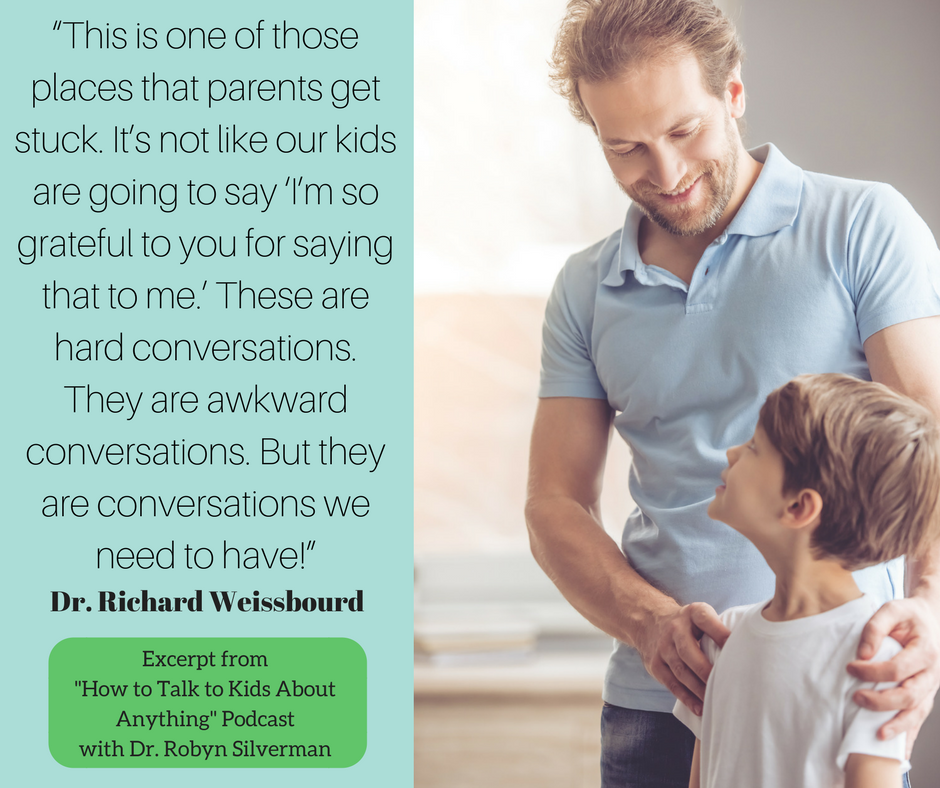
- There’s a great deal of misogyny and sexual harassment in teen relationships.
- Main challenge- how do we help teens to develop caring romantic relationships?
- Parents and teachers aren’t speaking up when they see and hear misogyny and sexual harassment among teens.
- Many risks of NOT talking about this: Romantic, financial, depression, domestic violence, substance abuse, etc.
- There are many disagreements over what should be included in a sex-ed class- but having respectful, caring relationships can be something we can all agree on.
- Women and girls can undermine each other and manipulate men too. It’s important to talk about this as well.
- Self respect and solidarity are vital to talk about with girls.
Notable Quotables:
- “Freud said there are two things that are most important in life; work and love. I think one could argue that love is more
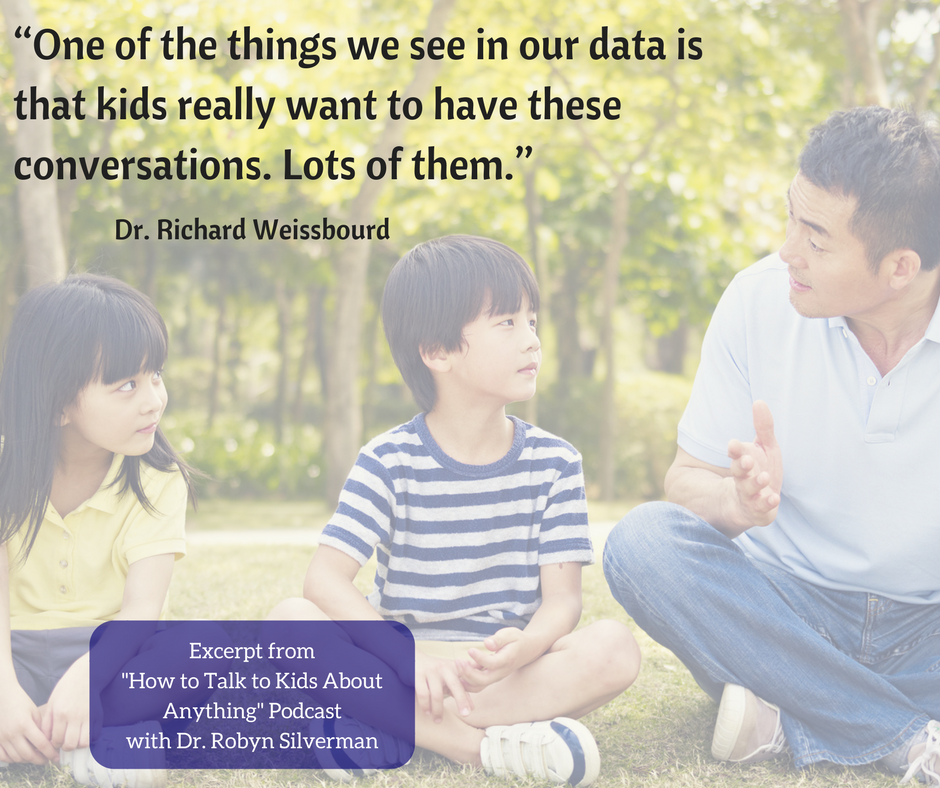 important than work. We do an enormous amount to prepare [kids] for work. We do really ‘nothing’ to prepare them for love.”
important than work. We do an enormous amount to prepare [kids] for work. We do really ‘nothing’ to prepare them for love.”
- Richard Weissbourd on what parents and teachers need to do if they hear or see misogynistic or degrading behavior in boys or in song lyrics, TV or film: “It’s really critical to say something. Not saying something is a silent form of support. We don’t want to be complicit in this.”
- “In a sex-ed class and in an English class, there are great opportunities to talk about love in romantic relationships and healthy relationships. A lot of sex-ed now is either abstinence-only or disaster-prevention. It’s how not to get pregnant or how not to get STDs. It’s not ‘how do you develop a caring, ethical, respectful relationship with somebody else?’”
- “One of the things we see in our data is that kids really want to have these conversations. Lots of them.”
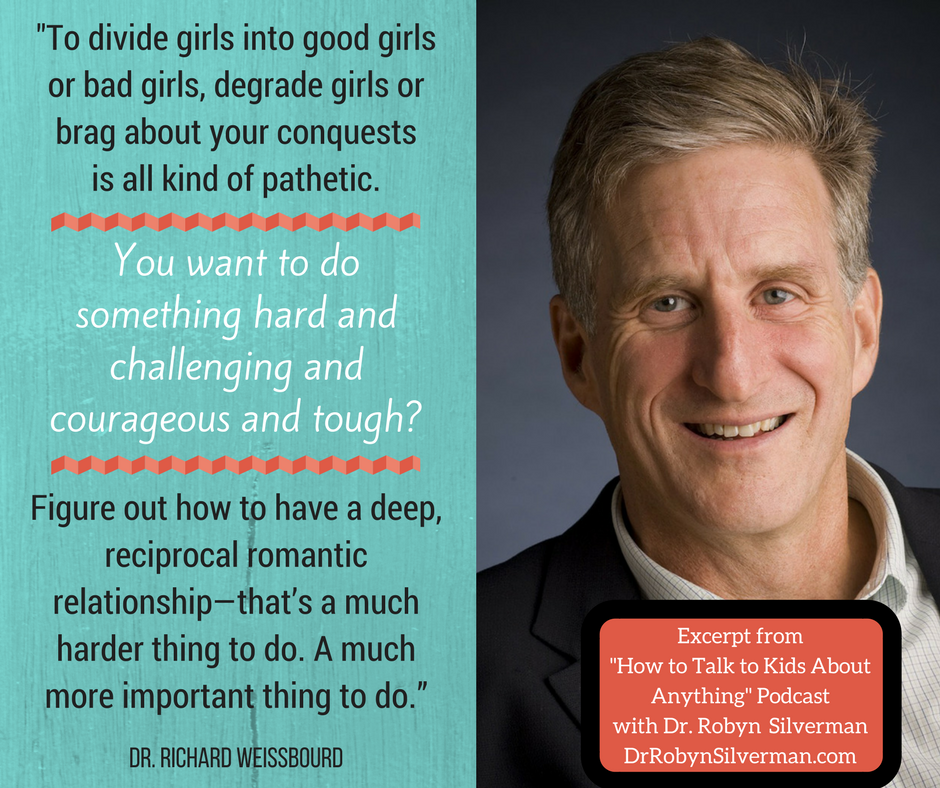 “This is one of those places that parents get stuck. It’s not like our kids are going to say ‘I’m so grateful to you for saying that to me.’ These are hard conversations. They are awkward conversations. But they are conversations we need to have!”
“This is one of those places that parents get stuck. It’s not like our kids are going to say ‘I’m so grateful to you for saying that to me.’ These are hard conversations. They are awkward conversations. But they are conversations we need to have!”
- “To divide girls into good girls or bad girls or good girls or sluts or to degrade girls or brag about your conquests that’s all kind of pathetic. You want to do something hard and challenging and courageous and tough? Figure out how to have a deep, reciprocal romantic relationship—that’s a much harder thing to do. A much more important thing to do.”
- “A lot of parents feel disabled in these conversations because they feel like they’ve failed in their own relationships…whether you have had a successful relationship or a rocky time with relationships, you just have to do the work. You have to distill the lessons…about what you learned…and what you want to relay to your kids.”
Resources:
- www.MakingCaringCommon.com
- The Vulnerable Child https://www.amazon.com/Vulnerable-Child-Really-Americas-Children/dp/0201920808/
- The Parents We Mean to Be https://www.amazon.com/Parents-Mean-Well-Intentioned-Undermine-Development/dp/0618626174/
- The Talk (Report): https://mcc.gse.harvard.edu/thetalk


